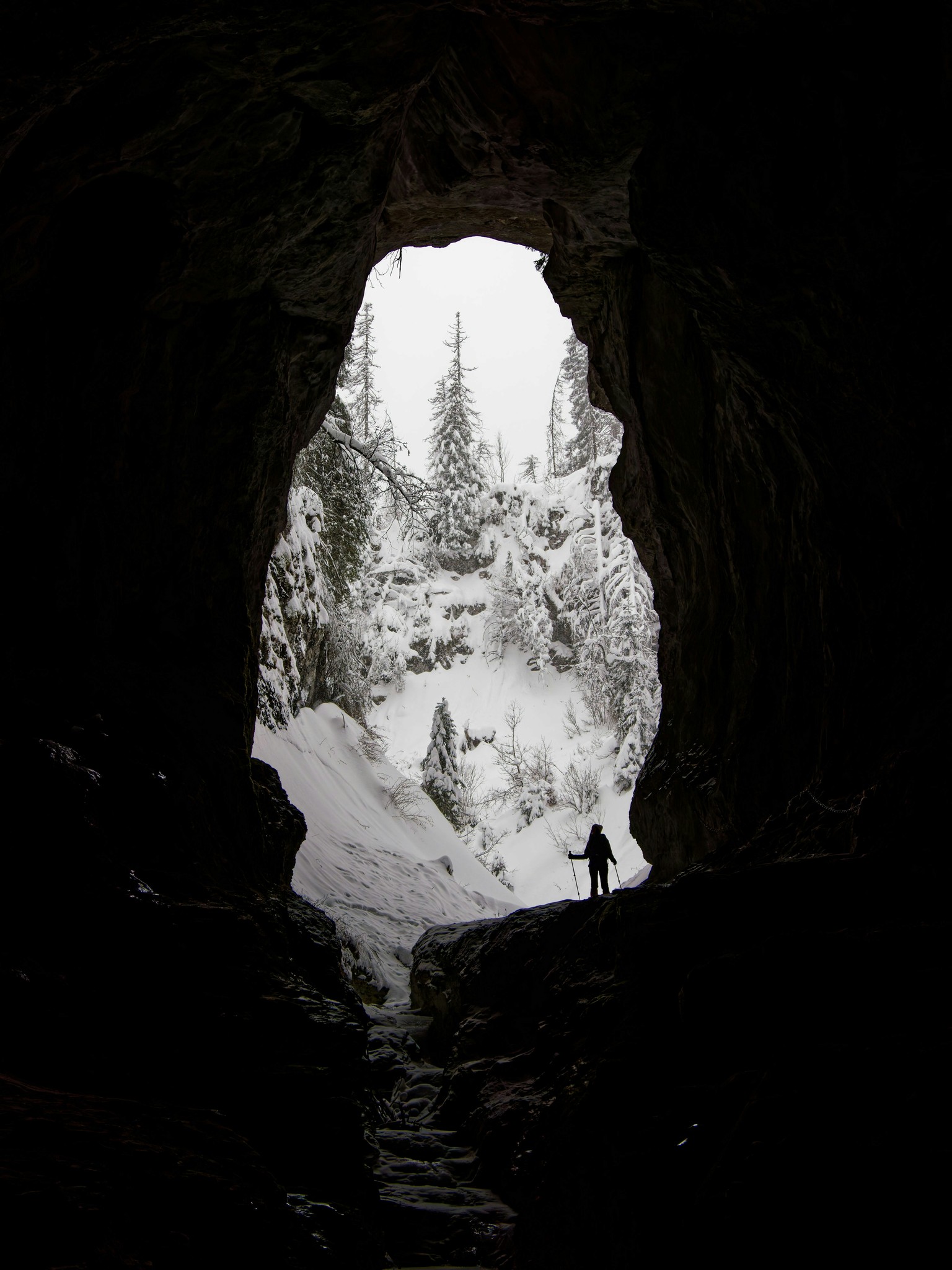Published on
N₂O removal, EU aviation reform, and Indigenous forest protection: Milkywire’s new climate bets for 2025
The Milkywire Climate Transformation Fund uses corporate climate funding to make as much progress as possible towards reaching global net zero. This means identifying projects with high potential for impact, often tackling problems that few others are working on. This year, we found three inspiring solutions to three really big problems.

Robert Höglund
Head of Climate Strategy & CDR
First. Agriculture emits roughly 2.3 GtCO₂ per year as nitrous oxide (N₂O), and currently, there are very few ways to bring these emissions down.
Enter Crop Intellect’s R-Leaf technology. They use photocatalysis to break down N₂O directly on crop leaves, converting it into nitrogen and oxygen. The project we fund will conduct the first large-scale, independently verified field deployment spanning 5,000 hectares of cereal crops. Independent researchers will assess atmospheric N₂O removal, agronomic effects, and methods for crediting under international frameworks. Despite its importance, N₂O mitigation has received minimal climate finance. Supporting this project helps close a scientific and policy gap, producing data that could influence agricultural strategies. If successful, it could create a credible global pathway for N₂O mitigation and unlock private-sector investment.
Second. Aviation remains one of Europe’s largest unregulated sources of emissions. Today, international flights are excluded from the EU Emissions Trading System, leaving over 80 MtCO₂ outside the scope of strong climate policy each year.
Opportunity Green works to change this. Through legal interventions, policy briefs, and alliances with climate-ambitious aviation companies, the initiative builds the case for ending the exemption. Leveraging Ireland’s upcoming EU Council Presidency and support from climate-vulnerable nations, the project seeks to bring long-haul aviation into the ETS, aligning EU climate policy with its stated goals and unlocking new revenues for climate action.
Third. Rainforest deforestation is increasing, and one of the most effective ways to stop it is to support indigenous groups working to protect their land. Despite their effectiveness, indigenous groups receive less than 1% of international climate aid.
Led by the Kichwa People of Sarayaku in the Ecuadorian Amazon, Kawsay Ñampi protects 142,500 hectares of intact rainforest through Indigenous governance and modern monitoring tools. It builds on the Sarayaku Life Plan and the Kawsak Sacha declaration, combining traditional stewardship with technology to prevent deforestation, sustain biodiversity, and strengthen cultural continuity. The project is developed under the Climate Justice Standard, which directs the majority of funds straight to community priorities and pilots an ethical, non-offset Climate Justice Contribution model. It represents a replicable framework for Indigenous-led climate and biodiversity action rooted in justice rather than compensation.
These three projects were sourced from recommendations and from our strong pipeline of more than 700 proposals received in open call for proposals in previous years.
The Climate Transformation Fund supports all solutions needed for global net zero, including durable carbon removal, emission reductions, and nature restoration & protection projects. We are committed to transparent reporting, and our annual progress report for the CTF will be published later this month. See the 2024 Progress report which includes all supported projects up until 2024 and the progress they made.
The CTF is supported by companies like Klarna, Spotify, Bolt, Avanza, BioGaia, Mentimeter, Northzone, Planet A, Atomico and Future Energy Ventures. Many of the companies have implemented an internal carbon fee, taxing themselves to generate a budget for climate action.
We invite more companies to support these and our other projects with donations to the Climate Transformation Fund. Reach out to our team if you want to learn more about how.
Featured articles





